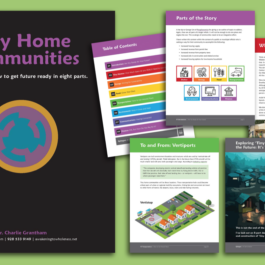What are the top 10 trends for the next ten years? Download the report here.

[Author's note: if you want to be the first to see content like this, join thousands of change-makers who subscribe to our Signals newsletter. Want to read back issues? Here you go.]
Welcome to our second year of "Weak Signals to Watch."
Wait, what's a weak signal?
A weak signal is the first indicator of a change or an emerging issue that may become significant in the future. Monitoring for weak signals is critical to preparing for the future. Read why here.
1. Environment - Protection, quality, pollution, waste disposal
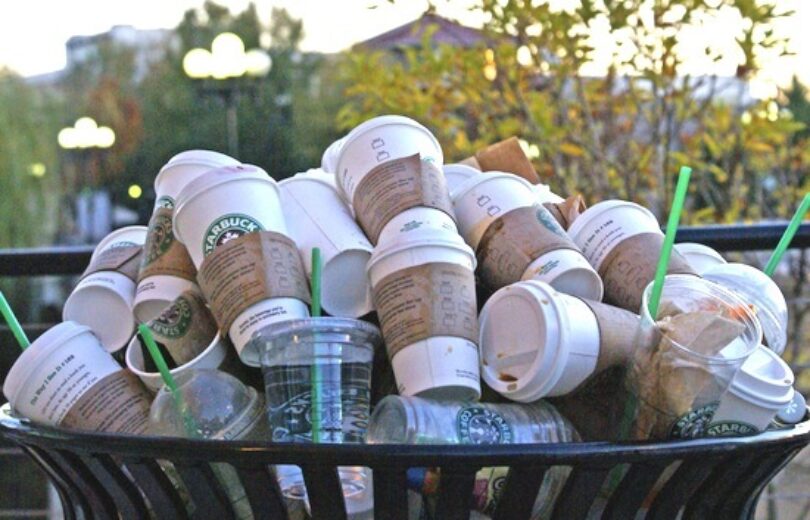
Our weak signals panelists offer these examples:
More extreme weather patterns (e.g., continued long-term drought, destructive windstorms, extreme cold, and snow in normally warm places) stress/disrupt local government services and expose vulnerable infrastructure not built for the changed conditions.
We're even changing the language that's used to describe the weather. For example, "drought" refers to a temporary, more arid condition. But if drought is permanent, we need a different word.
2. Labor - Unionization, talent shortage, work patterns
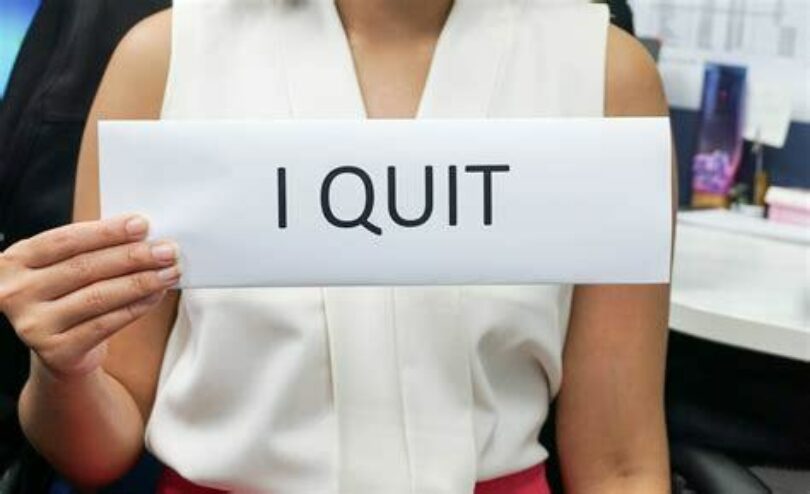
The permanent adoption of work-from-home (WFH) programs decreases central business district (CBD) office occupancy rates by 30% or more. (Gulp) This reduces tax revenues and creates "TWaT" cities - downtowns that are bustling only on Tuesdays, Wednesdays, and Thursdays and the Donut Effect, which drives up suburban home prices around large cities.
This has planning, zoning, and redevelopment implications. Will downtowns become neighborhoods? Can Home Owner Associations (HOAs) prohibit residents from working full time from their residences? Will employees who injure themselves while working from home be able to file Workers Comp claims?
3. Governance - Operations, zoning, planning, boundaries

Cities and counties have begun to legally re-arrange their boundaries. For example, new cities were formed out of counties to control their governance, usually along racial lines. This usually results in cities shrinking their borders to avoid having to provide services (i.e., fire protection and road maintenance) to areas that have become unpopulated.
4. Finance - Taxes, liquidity, cryptos, money management
Pressure on personal finances increases the potential for fiscal misbehavior by local government officials in smaller communities with less well-defined systems. Corruption in the governmental system is nothing new. However, stagnant wage levels for employees coupled with the increased cost of living presents a situation that may require a more stringent audit system, even at the local level.
5. Communication - Mainstream media, social media, local news
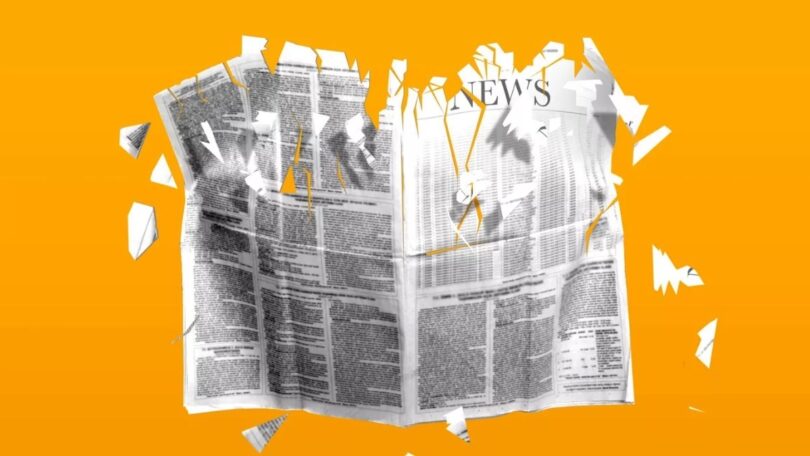
As traditional local news disappears - there are 50% fewer people working in journalism now - it is reinventing itself through new business models, including https://j-source.ca/forming-a-... and partnerships among potential competitors (frenemies?)
Traditional media are working to slow things down to combat misinformation and provide broader, unrestricted access online.
Thank you to...
...our impressive (and hilarious) signals panel: Dr. Charlie Grantham, Michèle Thibeau, Don polymath-in-training MacPherson, Dr. Mark Funkhouser ("Mayor Funk"), and Deputy-my-Deputy Sara Bixby. This is the group that generated over 241 signals in 2022.
...Dr. Charlie Grantham, who combed through over 240 weak signals to distill these five themes.
If you enjoyed this post, please subscribe to our newsletter.

Rebecca Ryan, APF
Rebecca Ryan captains the ship. Trained as a futurist and an economist, Rebecca helps clients see what's coming - as a keynote speaker, a Futures Lab facilitator, an author of books, blogs and articles, a client advisor, and the founder of Futurist Camp. Check out her blog or watch her Q&A on how NGC helps organizations prepare for the future using Strategic Foresight. Contact Lisa Loniello for more information.

Charlie Grantham
Charlie Grantham, PhD, APF is a futurist, author, and strategist who’s helped dozens of our clients over the years. Charlie served in Special Forces in Vietnam and earned his PhD in Sociology. Afterwards, he worked on the front lines of the telecommunications and remote work revolutions. He’s seen a thing or two. His current focus is health care and well being. Charlie works from Tucson, AZ.
Yasemin Arikan Promoted to Director of Futures Research
NEXT Generation Consulting (NGC) announced the promotion of Yasemin Arikan to Director of Futures Research. Arikan will lead the company’s efforts to...
Is Your Housing Market Ready for Your Future?
One of the biggest problems facing many cities and towns is inadequate housing. This problem is most acute for seniors, veterans with disabilities, and low-income groups ...
Three Things Martha Stewart Gets Right About Return to Office (RTO)
The original influencer and the person who invented the "Home" retail category, Martha Stewart, became the latest CEO to tell employees to get back to the office five day...




